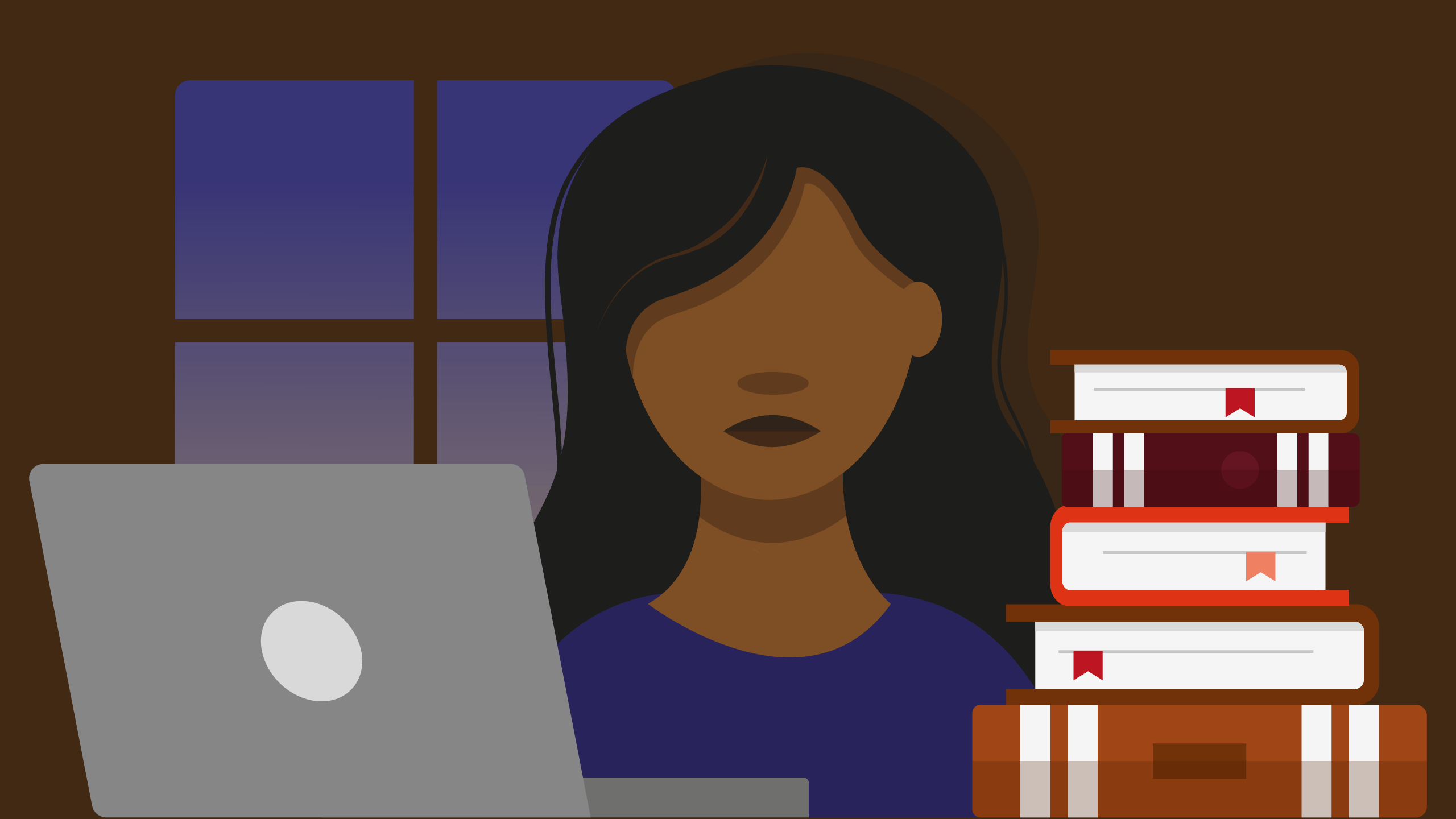By Nishat Chowdhury
Last year, Miguel Casimiro would often study at his local Starbucks, at the University of Toronto Mississauga or on campus at Ryerson. Casimiro agonized over his grades and was focused on achieving nothing less than an A minus. To him, this was “non-negotiable.”
This school year, the third-year marketing management student at the Ted Rogers School of Management has spent his time in his workspace in the basement of his childhood home in Mississauga, Ont. He sits at his desk for ten hours a day in his pajamas, getting distracted by video games or watching anime instead of watching his asynchronous lectures.
Casimiro said he’s not scrutinizing his grades as harshly this year compared to previous years because it’s a lot harder to concentrate, stay focused and have the motivation to get work done from home.
“I still wanted to do as well as I could, but I don’t have that mindset that if I don’t get this 3.67 GPA, I’m a failure,” he said. “My thought was: if I give up, then I’m a failure. If I don’t give up and I just keep working to the best of my ability, then it’s fine.”
Despite being more relaxed with his grades this year, Casimiro achieved marks he was happy with and got accepted into co-op, even though “this is the one year I allowed myself to actually slack off,” he said.
While some students have been able to end the fall term with excellent grades due to the flexibility and accessibility of asynchronous lectures, not everyone had the same experience, said third-year psychology student Jeremy Mesich.
In order to protect his mental health, Mesich had to give himself gentle reminders throughout the semester that perfection and amazing grades are not necessary, and the fact that he overcame another week was a great achievement.
“You survived week one, you survived week two, you survived the midterm week, you survived half of the semester. I’m doing the best I can in order to survive this semester,” said Mesich.
According to the 2019 Youth Voice Report by Jack.org, 81 per cent of Canadian students tied academic stress to poor mental health. Results from an Ontario Confederation of University Faculty Associations survey, which polled 2,200 faculty members and 500 students in Canada, found that about 55 per cent of post-secondary students were concerned for their mental health due to changes and challenges arising from COVID-19.
“There’s absolutely no shame or stigma in [seeking help] because we are all going through something”
In order to avoid burnout during the pandemic, Zoe Ladner, a second-year biomedical engineering student, tried finding new ways to study. This year she started using the pomodoro technique, which calls for setting a timer for 25 minutes and focusing on one task until the timer rings for a five-minute break.
This method has helped her become more realistic with her work habits, and has helped her step away from online school when it becomes too much. Instead of studying continuously, she said she takes frequent breaks and doesn’t push past her limits.
Ladner said that once she starts setting unrealistic goals for herself, she stops absorbing the information she needs and starts making mistakes in her work. “If it gets to be a bit much, I take a break and I’ll go eat.”
Ivy Bourgeault, professor of sociological and anthropological studies at the University of Ottawa, said attending to personal mental health is important and post-secondary students should seek and use every single service available to them if they need it.
“There’s absolutely no shame or stigma in this because we are all going through something very challenging, some of us moreso than others,” she said.
Since the pandemic, Academic Accommodation Support (AAS) at Ryerson has introduced three new offerings under the Strive program, a commitment-free, virtual drop-in where students can connect with other AAS students.
“We know the pandemic has exacerbated everyone’s stress, and certainly those with existing disabilities. Our goal is to keep students registered with AAS feeling connected and supported,” said Academic Accommodation Support in an emailed statement to The Eyeopener.
Bourgeault says students need to understand they can reduce their course loads, take a term off and request accommodations. The most important thing is their mental health and well-being.
“Just be really kind to yourself. You are the most important person to yourself; the most important person that you need to attend to. All of this will pass.”













Leave a Reply